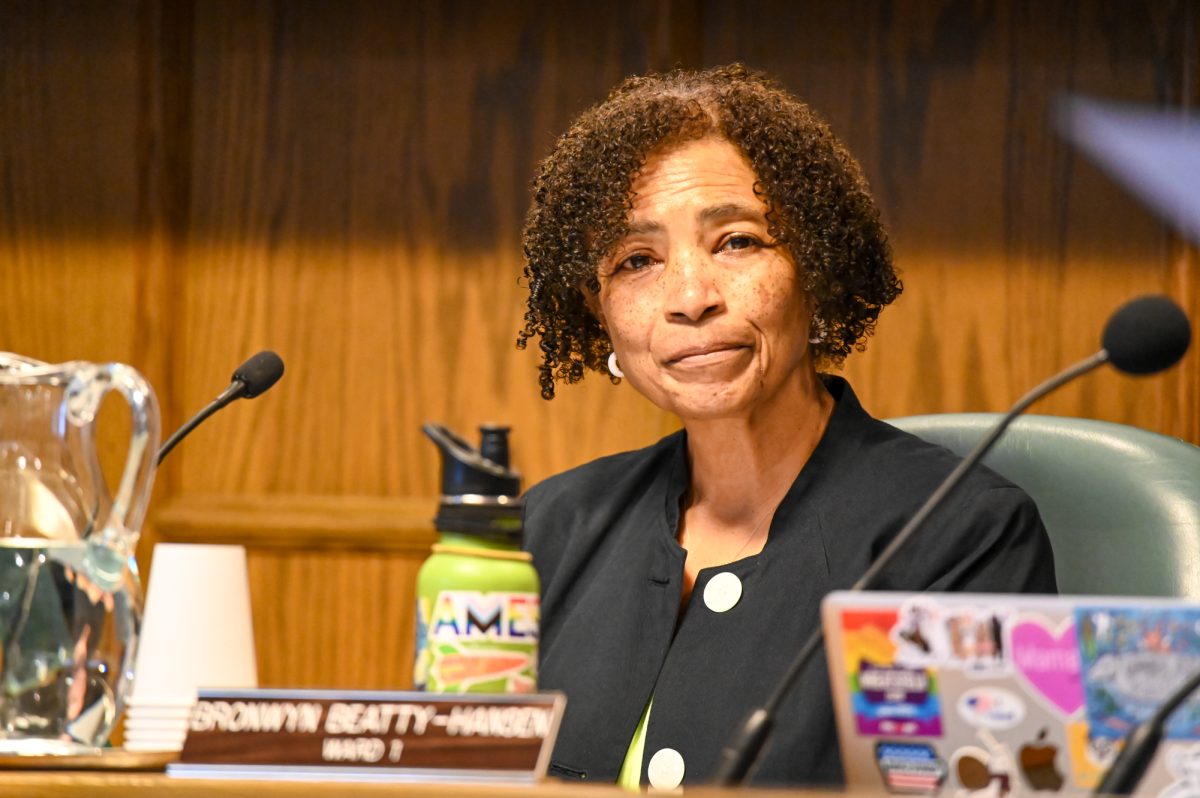LETTER: Factual errors cloud reality of study
June 2, 2003
I suppose that since this article is in the opinion section, the data presented is not supposed to be challenged, but when journalists pull some crapola factoid about the dangers of secondhand smoke from their “Anti-Smoking Propaganda for Dummies” book, it makes me want to slap someone.
It took me three minutes on the internet to find relevant information on Jared Strong’s comment that ” … research done at the University of California in San Francisco has shown a 60 percent reduction in heart attacks during the first 6 months after the implementation of a smoking ban.” You can find out how statistically insignificant the study was at this web address: http://www.ucsfhealth.org/adult/health_library/reuters/2003/04/20030402elin020.html.
In a nutshell, instead of 7 heart attacks on average during a six month period in Helena, Montana, there were 4 during the six-month smoking ban. Saying that the reduction was because of the smoking ban is riddled with fallacies. There certainly are effects of secondhand smoke, but I don’t think anyone would say those effects are short-term. If they were, 3 or 4 people would drop dead in each of the Campustown bars every weekend.
There is no mention of any study on other factors that might be involved in the six-month heart attack rate in Helena, Montana, but I’m thinking that lower-than-average snowfall could account for the reduction in heart attacks. Less snow to shovel, fewer people with heart attacks, it makes sense to me. Or maybe there was more snow, people got more exercise and were healthier because of it and therefore had fewer heart attacks.
Normally these types of statements go unchallenged because most people don’t want to reveal themselves as “evil smoking people.” It seems to have become standard practice in the anti-smoking industry to attack any research done that is counter to the data they have been spouting for years. That way when the article comes out, about 10 percent relates to the data being wrong, and 90 percent is still about the evils of smoking.You get counter-arguments from three to five different anti-smoking groups in every article.
If you want to help your Marlboro-smoking friend, the next time he lights up, ask him to take it outside. If he won’t, you should go somewhere else until he’s done.
Tell him every time he lights up that you’d prefer he didn’t smoke anymore around you. Tell him you don’t want him to die early, and you’re concerned about the impact it has on your health. Don’t spout nonsense.
Tom Norris






